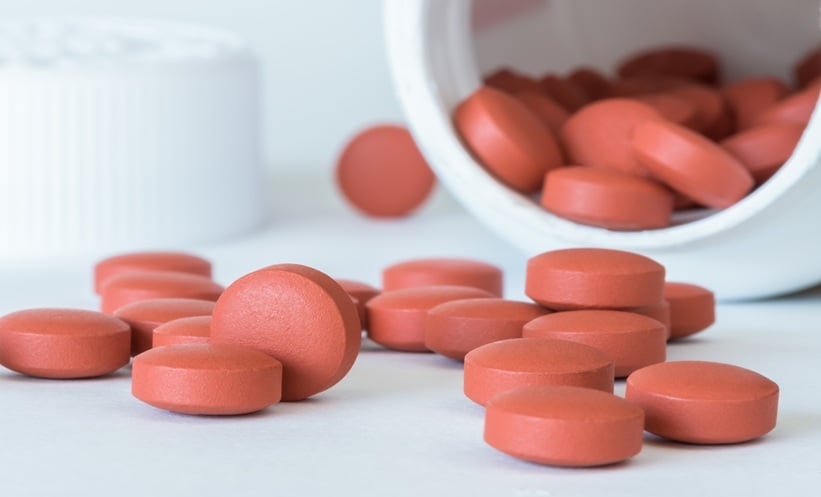FREQUENT ibuprofen use was associated with a reduced risk of endometrial cancer, while aspirin showed no measurable effect, according to a large cohort analysis of the Prostate, Lung, Colorectal, and Ovarian (PLCO) Cancer Screening Trial. The findings offer new insights into potential chemopreventive strategies, particularly for females with cardiovascular disease.
The study analyzed data from 42,394 females aged 55 to 74 years enrolled in the PLCO trial between 1993 and 2001, with cancer incidence tracked through the end of 2009. During a median follow-up of 12 years, 678 cases of endometrial cancer were identified. Compared with females who took fewer than four ibuprofen pills per month, those who reported using at least 30 pills monthly had a significantly reduced risk of endometrial cancer (HR: 0.75; 95% CI: 0.58–0.98). The association was strongest in participants with a history of cardiovascular disease, where the reduction in risk was more pronounced (HR; 0.57; 95% CI: 0.37–0.87).
In contrast, aspirin use showed no significant association with endometrial cancer risk, either in the overall cohort (HR: 0.98; 95% CI: 0.81–1.19) or in subgroup analyses. These results align with previous uncertainty in the literature regarding aspirin’s role in gynecologic cancer prevention.
The authors emphasize that while ibuprofen may confer protective benefits, the observational nature of the study warrants caution. Further prospective, well-controlled trials are needed to confirm these findings and explore potential biological mechanisms underlying the protective association.
For clinicians, the results highlight the importance of distinguishing between different nonsteroidal anti-inflammatory drugs when considering cancer risk modification strategies. The potential role of ibuprofen, especially in women with cardiovascular comorbidities, merits closer investigation before integration into preventive practice.
Reference:
Zhao Y et al. Association of aspirin and ibuprofen use with endometrial cancer risk in the PLCO dataset. Int J Cancer. 2025. doi: 10.1002/ijc.70101








